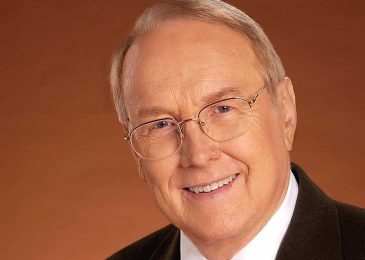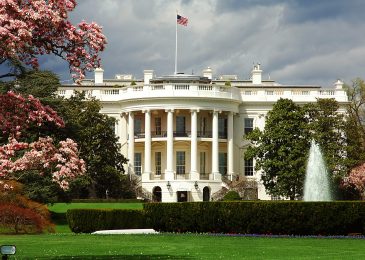“Ask Jesus into Your Heart”: A History of the Sinner’s Prayer
With the recent dust-up over whether Donald Trump prayed for salvation with prosperity gospel preacher Paula White, it is a good time to revisit the history of the “sinner’s prayer.”
Many an evangelical pastor has concluded a sermon by asking non-Christians to “ask [or receive, or invite] Jesus into their heart,” or to pray a version of what some call the “sinner’s prayer.” But some evangelicals, including Baptist pastor David Platt (president of the SBC’s International Mission Board), have in ..







